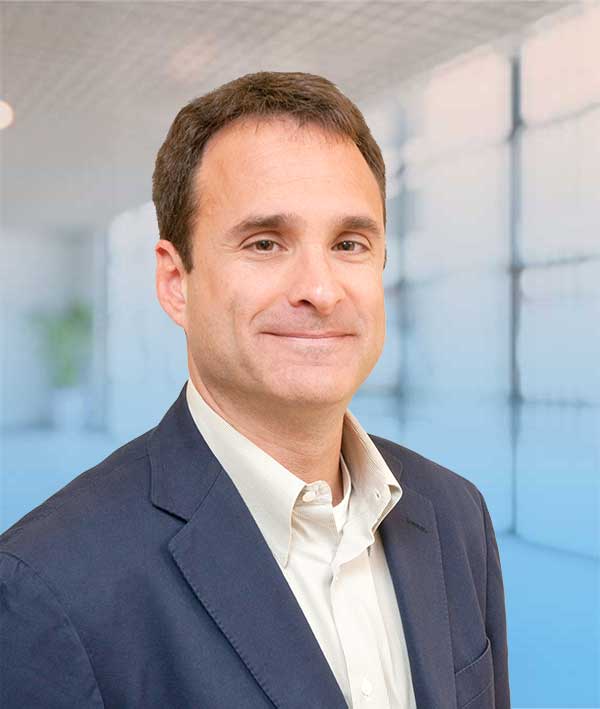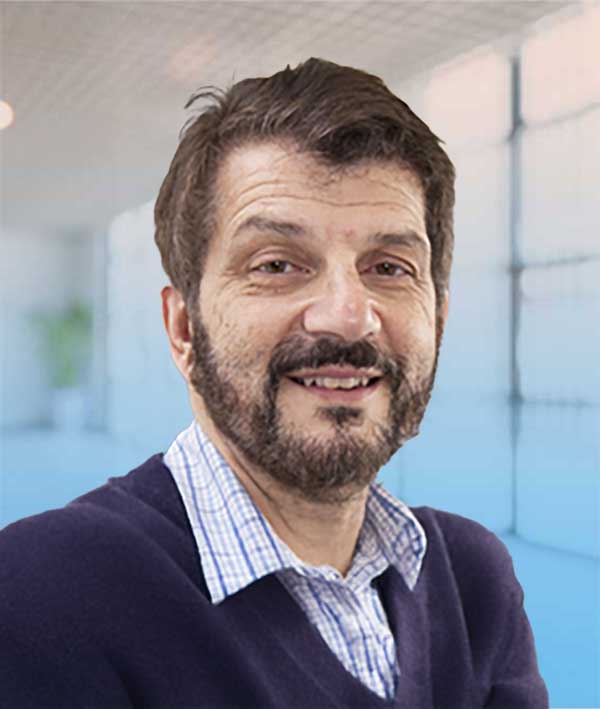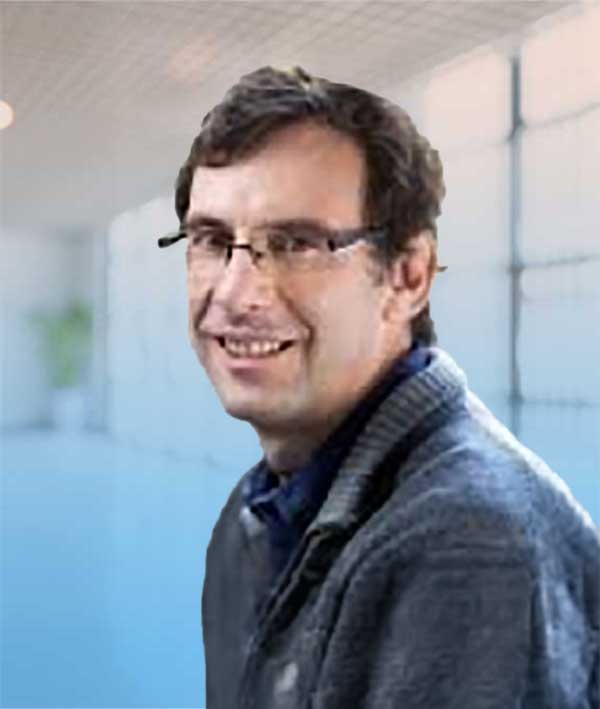
Bradley Bernstein, MD, PhD
Director of Gene Regulation Observatory at the Broad Institute of MIT and Harvard
Bradley Bernstein is a Director of Gene Regulation Observatory at the Broad Institute of MIT and Harvard. and a Professor at the Dana-Farber Cancer Institute.
Brad co-directs the Broad Institute’s Epigenomics Program and oversees data production centers for the ENCODE project and the NIH Common Fund for Epigenomics. His research focuses on epigenetics—changes in gene activity governed by influences outside the genes themselves—and specifically how the organization of genomic DNA into chromatin influences development and disease. His work is notable for the discovery of epigenetic mechanisms in pluripotent stem cells and for the systematic annotation of enhancer-like elements in the human genome that coincide with DNA sequence variants associated with human diseases.
Brad received his B.S. in Physics from Yale University and his MD and PhD from the University of Washington School of Medicine. He completed a residency in clinical pathology at Brigham and Women’s Hospital and carried out postdoctoral research at Harvard University. Bernstein’s honors and awards include a Career Award in the Biomedical Sciences from the Burroughs Wellcome Fund, a junior faculty award from the Culpeper Foundation, an Early Achievement Award from the University of Washington Alumni Association, the Howard Goodman Award, and the Martin Prize for Basic Science from the Massachusetts General Hospital.

David Weitz, PhD
Mallinckrodt Professor of Physics & Applied Physics and professor of Systems Biology at Harvard University
Dave Weitz is the Mallinckrodt Professor of Physics & Applied Physics and professor of Systems Biology at Harvard University.
Dave is the co-director of the BASF Advanced Research Initiative at Harvard, co-director of the Harvard Kavli Institute for BioNano Science & Technology, and director of the Harvard Materials Research Science & Engineering Center. He is best known for his work in the areas of diffusing-wave spectroscopy, microrheology, microfluidics, rheology, fluid mechanics, interface and colloid science, colloid chemistry, biophysics, complex fluids, soft condensed matter physics, phase transitions, the study of glass and amorphous solids, liquid crystals, self-assembly, surface-enhanced light scattering, and diffusion-limited aggregation.
He received his PhD in superconductivity from Harvard and worked as a research physicist at Exxon Research and Engineering for nearly 18 years, prior to becoming a Professor of Physics at the University of Pennsylvania, before moving to Harvard in 1999. Dave is a Founder of RainDance Technologies, GnuBIO and Capsum. He is a member of the National Academy of Sciences and the American Academy of Arts and Sciences.

Robert Nicol, PhD
Venture Partner at RA Capital Management
Rob Nicol is a Venture Partner at RA Capital Management.
Previously at the Broad Institute under Rob’s guidance, the Technology Labs served as an advanced R&D group within the institute integrating capabilities in molecular biology, bio-engineering, synthetic biology, microfluidics, bio-informatics, and industrial process design to meet the needs of the Broad community. Rob is also co-founder of the MIT-Broad Foundry for Synthetic Biology.
Rob joined the Whitehead Institute / MIT Center for Genome Research in 2001 to apply industrial process design to genome sequencing and directed the Sequencing Operations and Technology Development groups at the Broad for over 12 years, designing and implementing multiple generations of high-throughput DNA sequencing processes.
Earlier, as an MIT Leaders for Manufacturing Fellow, Rob worked on production line optimization for Raytheon’s AMRAAM missile and Boeing’s 777. Rob previously worked as a project manager for Fluor Corporation, where he managed multiple, large-scale petrochemical design and construction projects.
Rob received his BS in mechanical engineering from the University of Houston, and an MS in chemical engineering, MBA, and PhD in engineering systems from MIT.

Jérôme Bibette, PhD
Professor of Soft Matter Physics at École Supérieure de Chimie Industrielles de Paris (ESPCI)
Jérôme Bibette is the Professor of soft matter physics at École Supérieure de Chimie Industrielles de Paris (ESPCI).
Jérôme is the co-director of the Michelin Advanced Research Initiative at ESPCI and is best known for his work in the areas of emulsions and superparamagnetic colloids, microfluidics, rheology, fluid mechanics, colloid chemistry, biophysics, complex fluids, soft condensed matter physics and phase transitions. He received his PhD in physical chemistry from Bordeaux University and worked as an associate professor at Bordeaux, prior to joining the faculty at ESPCI. Jerome is a Founder of RainDance Technologies, Ademtech and Capsum. ris (ESPCI).

Andrew Griffiths, PhD
Professor of Biochemistry at École Supérieure de Chimie Industrielles de Paris (ESPCI) in Paris
Andrew Griffiths is a Professor of Biochemistry at École Supérieure de Chimie Industrielles de Paris (ESPCI) in Paris.
Prof Griffiths is formerly the holder of a Chaire d’Excellence from the Ministère pour la Recherche, France, at the Institut de Science et d’Ingénierie Supramoléculaires (ISIS) in Strasbourg. After receiving a BSc in Biochemistry (First Class) from the University of Sheffield in 1985 and a PhD from the University of Leicester, in 1988, he joined Greg Winter at the MRC Laboratory of Molecular Biology (LMB), Cambridge where he co-developed phage-display for the selection of human antibodies for therapy, first as a Post Doc. (1989-1990) and later as a Cancer Research Campaign Fellow (1991-1995).
This work led directly to the creation of two companies, Cambridge Antibody Technology (acquired by AstraZeneca for $1.32 billion) and Domantis (acquired by GSK for $0.45 billion), and several blockbuster drugs including Humira® and Benlysta®. His current work is in the development of droplet-based microfluidic systems for directed evolution of enzymes, high-throuhgput screening for drug discovery, and diagnostic applications. Andrew is a founder of RainDance Technologies.
